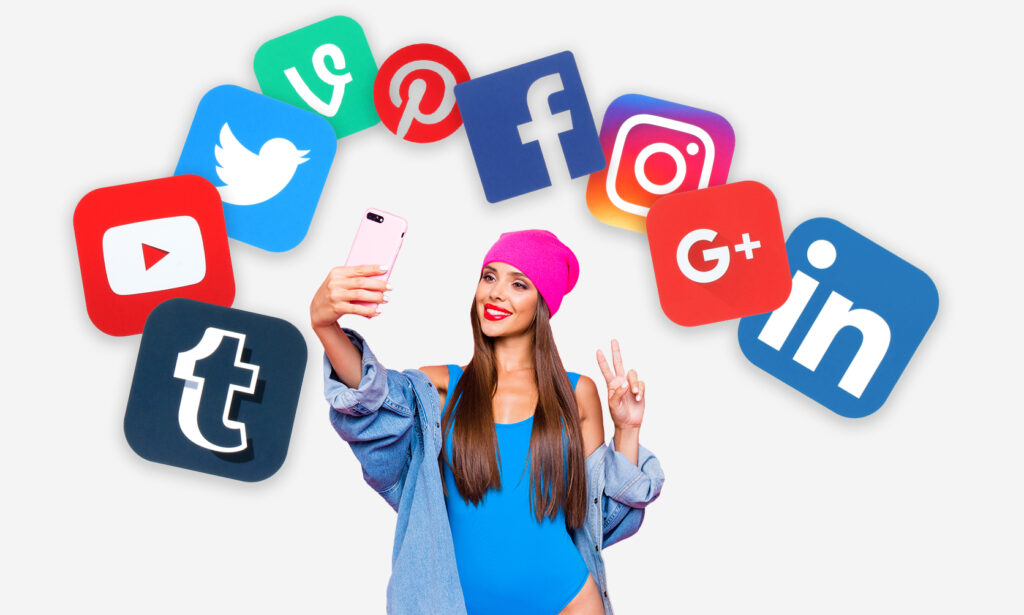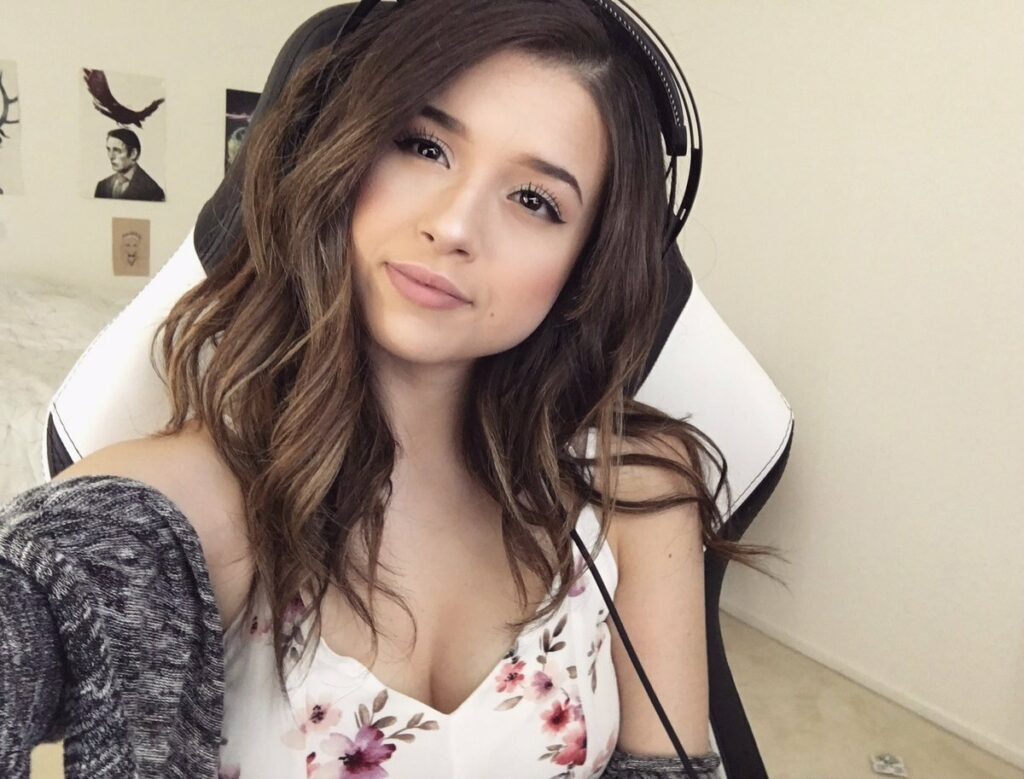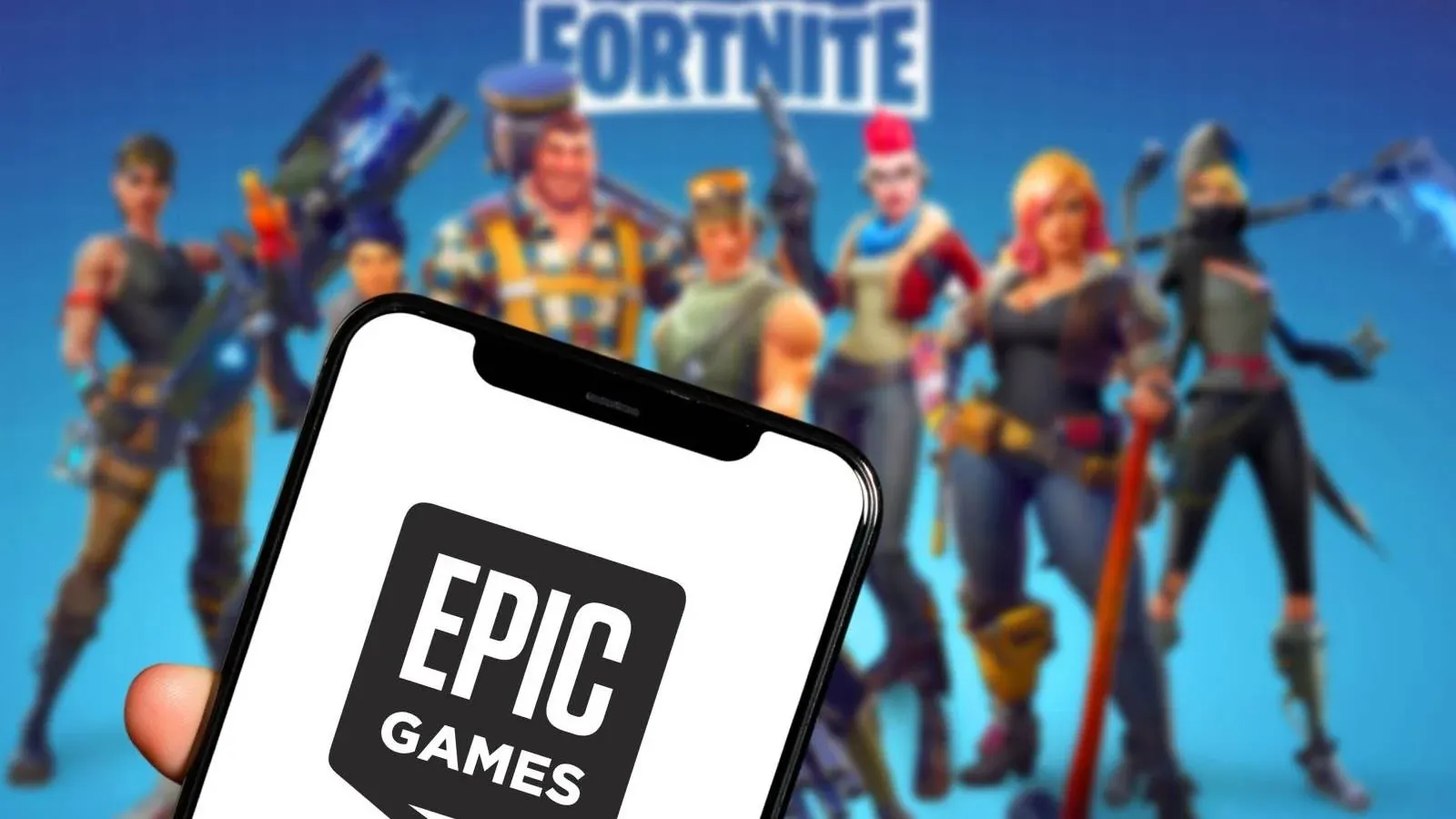How Influencers and Streamers Affect Game Popularity
- May 23, 2023

Hot posts 🔥
Start your free trial today
No credit card required
In this article 👇
Social media and streaming platforms are changing game promotion. With influencers and streamers, developers can reach a much larger audience than traditional marketing methods.
These influencers and streamers, with their large and loyal fanbases, can reach demographics that are typically difficult to attract through other marketing channels.
And for this reason, partnering with gaming influencers and streamers has become the most important marketing strategy for many game developers.
How They Affect the Popularity

They influence a large audience, making or breaking a game’s success. As they create content, they share their experiences and opinions with the public to influence game sales, player engagement, and market perception.
Game promotion through influencers is an effective way to generate hype and drive sales. They can pique their followers’ interest and encourage them to try a game by highlighting its features, gameplay, and unique selling points.
Because it comes from a reliable source who is passionate about gaming, this type of promotion often feels more genuine and relatable. Their audience relationships are based on trust and credibility, making their recommendations more powerful than traditional advertising methods.
Game Popularity and Social Media
Social media helps the gaming industry a lot, people use platforms like Twitter, Instagram, and Facebook for gaming news, discussions, and content sharing.
Social media can create viral moments that lead to game popularity. This results in increased sales and player engagement. Besides organic content creation, gaming companies can use social media for targeted advertising campaigns.
Game developers should align their marketing strategies with their target audience’s interests and platforms. This will maximize the impact of their game promotions, leading to long-lasting success.
Why Gaming Influencers Matter

They have power because they engage and entertain their audience. They have personalities, play styles, and expertise, making games more appealing and enjoyable. The authenticity and credibility of their content make followers trust them and want to connect, which leads to increased sales and popularity. As a result, developers want to work with them to get the highest recommendations and endorsements.
Top Gaming Influencers
There are many influencers across various platforms, but few are influential due to their content, charisma, and influence. Some notable examples include:
PewDiePie: A YouTube gaming legend, PewDiePie has amassed millions of subscribers through his engaging Let’s Play videos, comedic commentary, and relatable personality.

Ninja: One of the most well-known Twitch streamers, Ninja gained fame for his incredible skills and entertaining Fortnite streams, which attracted millions of viewers.

Pokimane: She is a popular Twitch, streamer and YouTuber. Pokimane has built a loyal following with her engaging personality, skillful gameplay, and variety of content.

Markiplier: He is a YouTuber, known for his humorous commentary, horror game playthroughs, and strong connection with his audience.

These names, among others, built large and dedicated fan bases that trusted their opinions, making them powerful figures in the gaming industry.
Marketing Strategies
A successful campaign focuses on identifying and engaging the right influencers, creating effective content, and tracking its success. Here are some tips to help you with your next campaign:
- Investigate Niches: Look for those who specialize in specific genres, platforms, or gameplay styles that match your game’s characteristics.
- Set Objectives: Determine the goals of your campaign, such as raising brand awareness, increasing downloads, or increasing
- Create a Consistent Message: Be sure your messaging is consistent, supporting your game’s unique features and benefits.
- Offer Exclusivity: Give them exclusive access to game content, early releases, or one-of-a-kind in-game items to boost participation and sharing with their followers.
- Encourage User-generated Content: Inviting them to host contests or challenges that encourage their audience to create and share their own gameplay experiences will help your game’s reach grow even further.
- Build long-term Relationships: Try to build lasting partnerships by maintaining open communication, offering ongoing support, and involving them in future marketing initiatives.
The Role of Influencers in Game Promotion
Partnerships and campaigns involve collaborating with influencers on promotional activities such as sponsored content, product placements, and social media takeovers. These partnerships provide a beneficial arrangement, as they gain access to exclusive content and revenue opportunities.
They share gaming news and create buzz around upcoming events. Through their content, they help shape the industry’s landscape, influencing trends and consumer preferences. Their authentic connection with their audience allows them to create relatable and engaging content.
Types of Gaming Influencers

Gaming influencers come in various forms, catering to different segments of the community. Some common types include:
- Let’s Players: They share game playthroughs, offering commentary and insights along the way.
- Reviewers: They help people decide if games are worth buying by providing in-depth analysis and reviews.
- Streamers: Influencers who broadcast live gameplay sessions on platforms like Twitch, engaging with their audience in real-time.
- ESports Athletes: Professional gamers who compete in tournaments, usually sharing their skills, strategies, and experiences with
How to Partner with Influencers for Game Promotion
- Research: Find the right person whose content, style, and audience that match your target demographic. Look for people who are interested in the type of game you’re promoting, as they will be more authentic and passionate. See if they promote successful games and are influential.
- Outreach: Once you’ve identified potential partners, reach out to them with a personalized message expressing your interest in collaborating. Share details about your game, its unique features, and why you believe their audience would enjoy it. Be open to discussing potential collaboration opportunities, such as sponsored posts, live streams, or even in-game appearances.
- Negotiation: Discuss partnership terms, including compensation, content expectations, and timelines. Outline your campaign goals and work together to establish beneficial terms.
- Collaboration: Work closely to create engaging, authentic content that showcases the game’s features and appeals to its audience. Offer support by providing promotional materials, answering questions, and addressing concerns.
- Evaluation: After the campaign, analyze metrics like engagement, reach, and conversions to see the partnership’s success and get valuable insights into future collaborations.
Their Power on Game Purchasing Decisions
Social media influences buying decisions by promoting authentic content. Their connection with their followers makes their recommendations more trustworthy and valuable than traditional advertising.
One prime example is the success story of “Among Us,” a multiplayer game that gained massive popularity in 2020. The game got more attention when popular Twitch streamers and YouTubers, such as Pokimane, XQC, and Ninja, started playing and shares with their audience.
This exposure led to a significant increase in downloads and revenue. Sensor Tower predicts “Among Us” will garner over 264 million downloads worldwide in 2023, with most occurring after influencers stream it.
They share experiences and opinions about games, which makes people want to play them and keep them as their favorite developers.
The Future of Gaming and Influencer Marketing

As the gaming industry progresses, influencers and streamers become more important. These digital personalities bridge the gap between developers and audiences and breathe life into games through authentic insights and engaging content.
Looking forward, it’s not difficult to imagine game marketers making influencer marketing a cornerstone of their strategy. Creativity will be key, with innovative collaborations offering a gateway to internet celebrities’ enormous reach.
In the grand scheme of things, the evolving relationship between gaming and influencer marketing shapes the industry’s landscape. Not only could they bolster game popularity, but they may also secure their positions for long-term success in this dynamic market that never stops changing.
We've plenty of other interesting resources for you





